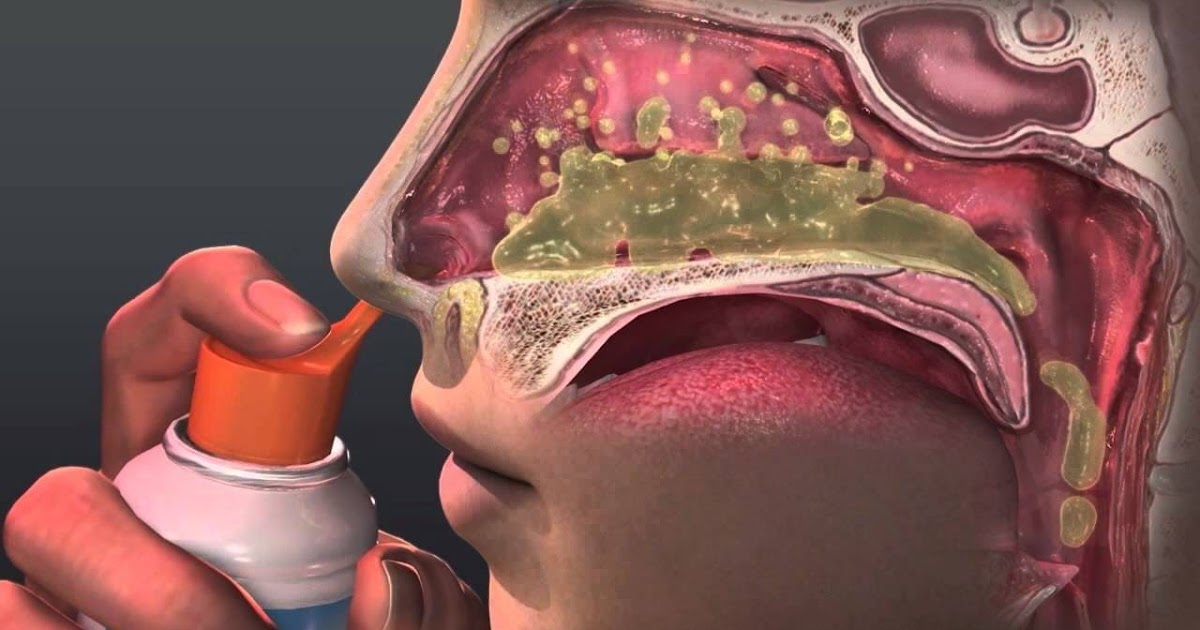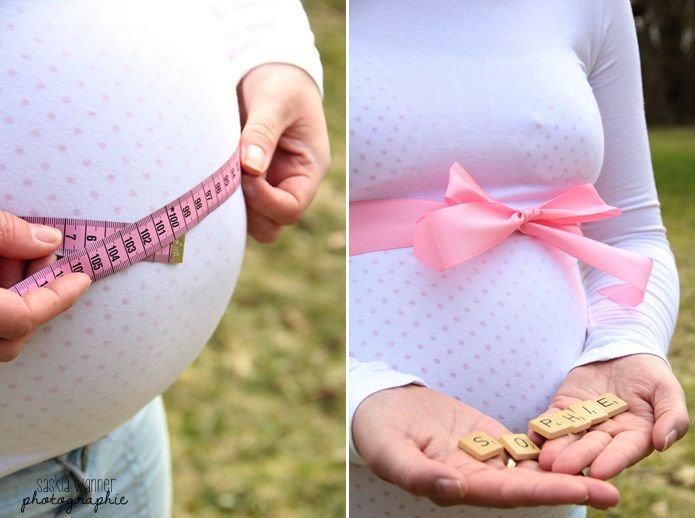Drinking hot tea during pregnancy
Is Tea Safe During Pregnancy?
Tea is one of the most popular beverages worldwide — and one that many women continue to enjoy during pregnancy.
Some drink it to simply decompress or help meet the increased fluid needs of pregnancy. However, a proportion of women appear to use tea as a natural remedy for pregnancy-related symptoms or as a tonic to prepare for childbirth in the last weeks of pregnancy (1).
Many may believe that tea is probably safe to drink while pregnant because it’s natural. In reality, women may benefit from reducing their intake of certain teas, while completely avoiding others throughout their pregnancy.
This article discusses the safety of tea during pregnancy, including which teas pregnant women may continue to drink, and which they may want to avoid.
Black, green, white, matcha, chai, and oolong teas are all sourced from the leaves of the Camellia sinensis plant. They contain caffeine — a natural stimulant that should be limited during pregnancy.
They each provide approximately the following amount of caffeine per cup (240 mL) (2, 3, 4, 5, 6):
- matcha: 60–80 mg
- oolong tea: 38–58 mg
- black tea: 47–53 mg
- chai: 47–53 mg
- white tea: 25–50 mg
- green tea: 29–49 mg
Caffeine can easily cross the placenta, and your baby’s immature liver has difficulty breaking it down. As such, infants are more likely to experience side effects from amounts of caffeine that would otherwise be considered safe for adults.
Research suggests that infants exposed to too much caffeine during pregnancy may have a higher risk of being born preterm or with a low birth weight or birth defects. High caffeine intake during pregnancy may also increase the risk of miscarriage or stillbirth (7, 8, 9).
These risks appear minimal when pregnant women limit their caffeine intake to a maximum of 300 mg per day (8).
However, some women’s genetics may make them more sensitive to the ill effects of caffeine. For instance, research suggests that this small proportion of women may have a 2.4 times higher risk of miscarriage when consuming 100–300 mg of caffeine per day (8).
Caffeinated teas contain less caffeine than coffee and are generally considered safe to drink during pregnancy. However, their intake may need to be limited to avoid consuming too much caffeine per day (10, 11).
summaryBlack, green, matcha, oolong, white, and chai teas contain caffeine, a stimulant that should be limited during pregnancy. Although they’re generally safe, women may benefit from limiting their daily intake of these caffeinated teas during pregnancy.
Herbal teas are made from dried fruits, flowers, spices, or herbs and therefore contain no caffeine. However, they may contain other compounds considered unsafe during pregnancy, which may result in risky side effects.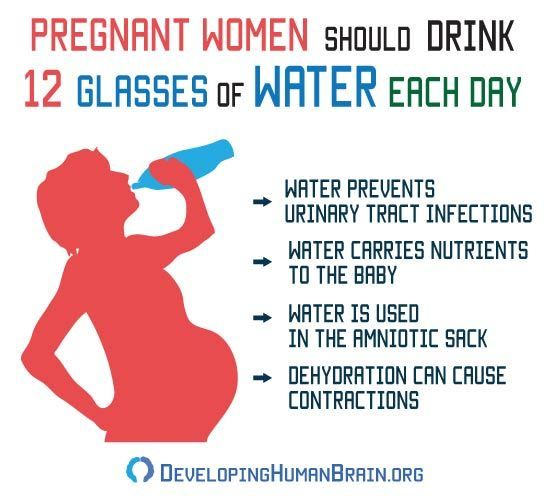
Miscarriage or preterm labor
Teas that may increase your risk of miscarriage or preterm labor include (11, 12, 13, 14, 15):
- fennel
- fenugreek
- sage
- vervain
- borage
- pennyroyal
- licorice
- thyme
- motherwort
- lovage
- blue cohosh
- black cohosh
- frankincense (in large amounts)
- chamomile (in large amounts)
Teas that may stimulate or increase menstrual bleeding include (12, 16, 17):
- motherwort
- lovage
- frankincense
Birth defects
Teas that may increase the risk of birth defects include (12):
- motherwort
- borage
Other side effects
Moreover, in rare cases, eucalyptus tea may cause nausea, vomiting, or diarrhea. What’s more, a case report suggests that regularly drinking chamomile tea during pregnancy may result in poor blood flow through a baby’s heart (1, 12).
Certain herbal teas may also contain compounds that interact with medications. Therefore, pregnant women should inform their healthcare providers of any herbal teas they are currently consuming or planning on consuming at any time during pregnancy (1).
Keep in mind that, due to the limited amount of research on the safety of herbal teas, a lack of evidence of negative side effects shouldn’t be seen as proof that the tea is safe to drink during pregnancy.
Until more is known, it may be best for pregnant women to remain cautious and avoid drinking any teas that have not yet been shown to be likely safe during pregnancy (18).
summaryCertain herbal teas may be linked to a higher risk of upset stomach, menstrual bleeding, miscarriage, birth defects, or preterm birth. Pregnant women may benefit from avoiding all teas not yet deemed as likely safe for pregnancy.
Teas are not strictly tested or regulated. This means that women may be inadvertently drinking teas contaminated with unwanted compounds, such as heavy metals (19, 20).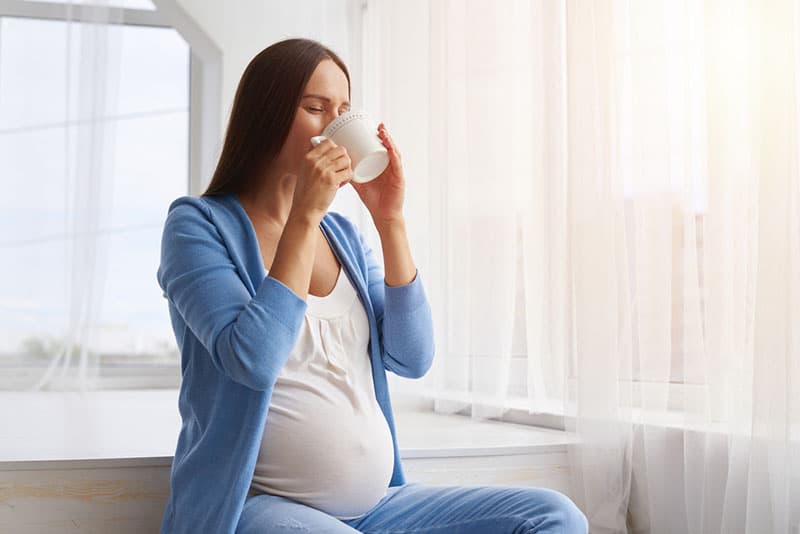
For instance, one study tested common off-the-shelf black, green, white, and oolong teas. It found that 20% of all samples were contaminated with aluminum. Moreover, 73% of all samples contained lead levels considered unsafe during pregnancy (21).
In another study, women with the highest intake of green and herbal teas during the first trimester of pregnancy had 6–14% higher blood lead levels than those who drank the least. That said, all blood lead levels remained within the normal range (20).
Due to the lack of regulation, there’s also a risk of herbal teas containing ingredients not listed on the label. This increases the risk that pregnant women end up inadvertently consuming a tea tainted with an undesirable herb, such as the ones listed above.
It’s currently impossible to eliminate this risk. However, you may somewhat minimize it by only purchasing teas from reputable brands.
What’s more, it’s likely best to avoid purchasing teas in bulk, as they have a higher risk of becoming mixed with tea leaves that may be contraindicated during pregnancy from adjacent bulk bins.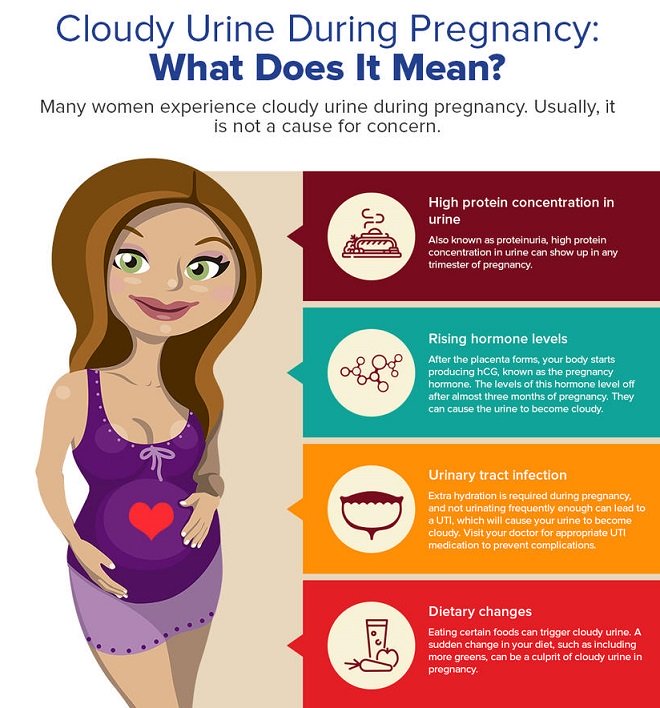
summaryThe manufacturing of teas is not regulated. As a result, teas may become tainted with unwanted compounds, such as heavy metals or herbs that have been linked to poor pregnancy outcomes.
Most caffeinated teas are considered safe to drink during pregnancy, as long as they do not cause a woman’s total daily caffeine intake to exceed 300 mg (8, 11).
Women who are particularly sensitive to caffeine may benefit from aiming for a maximum of 100 mg of caffeine per day (8).
When it comes to herbal teas, there’s not a lot of research regarding their effects during pregnancy. As such, most health professionals advise pregnant women to avoid consuming any herb in amounts greater than you would find in foods (1, 12, 18).
That said, according to a few studies, herbal teas containing the following ingredients may be safe to consume during pregnancy:
- Raspberry leaf. This tea is considered likely safe and believed to shorten labor and help prepare the uterus for birth.
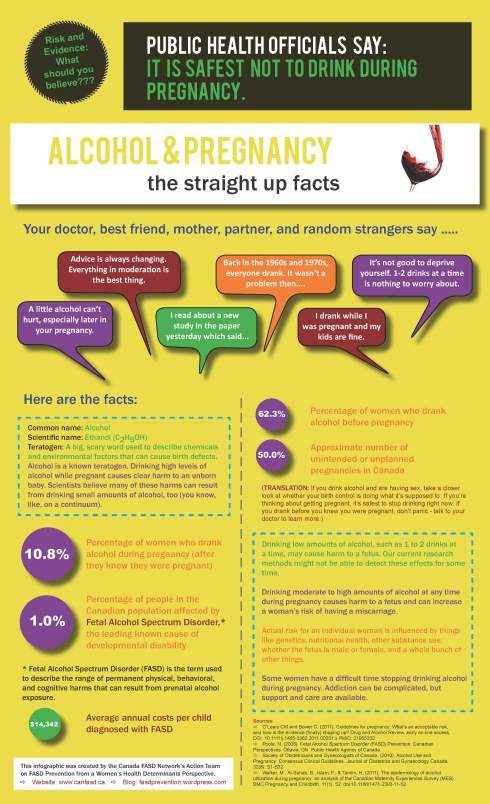 Research shows that it may shorten the length of the second stage of labor, but only by about 10 minutes (11, 22).
Research shows that it may shorten the length of the second stage of labor, but only by about 10 minutes (11, 22). - Peppermint. This tea is considered likely safe and commonly used to help relieve gas, nausea, stomach pain, or heartburn. However, no studies could be found to support these benefits (12).
- Ginger. Ginger is one of the most studied herb remedies during pregnancy and considered possibly safe. Research suggests it reduces nausea and vomiting but, when consumed dried, should not exceed 1 gram per day (1, 12).
- Lemon balm. This tea is considered possibly safe and commonly used to relieve anxiety, irritability, and insomnia. However, no study could be found to support these uses, and its safety hasn’t been studied in pregnancy (11).
Although generally considered safe, raspberry leaf may promote uterine contractions while peppermint may stimulate menstrual flow. Therefore, there’s some controversy regarding whether these teas are safe during the first trimester of pregnancy (12, 23).
Therefore, it may be best to avoid drinking these two teas in the first 12 weeks of pregnancy.
summaryHerbal teas considered to be possibly safe or likely safe during pregnancy include raspberry leaf, peppermint, ginger, and lemon balm teas. However, it may be best to avoid raspberry leaf and peppermint teas in the first trimester of pregnancy.
Despite their widespread popularity, not all teas are deemed safe for pregnancy.
Caffeinated teas like black, green, white, matcha, and chai teas are generally considered safe. However, their intake may need to be limited to avoid ingesting excessive amounts of caffeine.
Most herbal teas should be avoided. Raspberry leaf, peppermint, ginger, and lemon balm tea are the only ones currently deemed as potentially safe. However, women may benefit from avoiding the first two during their first trimester of pregnancy.
What teas are safe to drink while pregnant?
Black, white, and green teas in moderation are safe during pregnancy.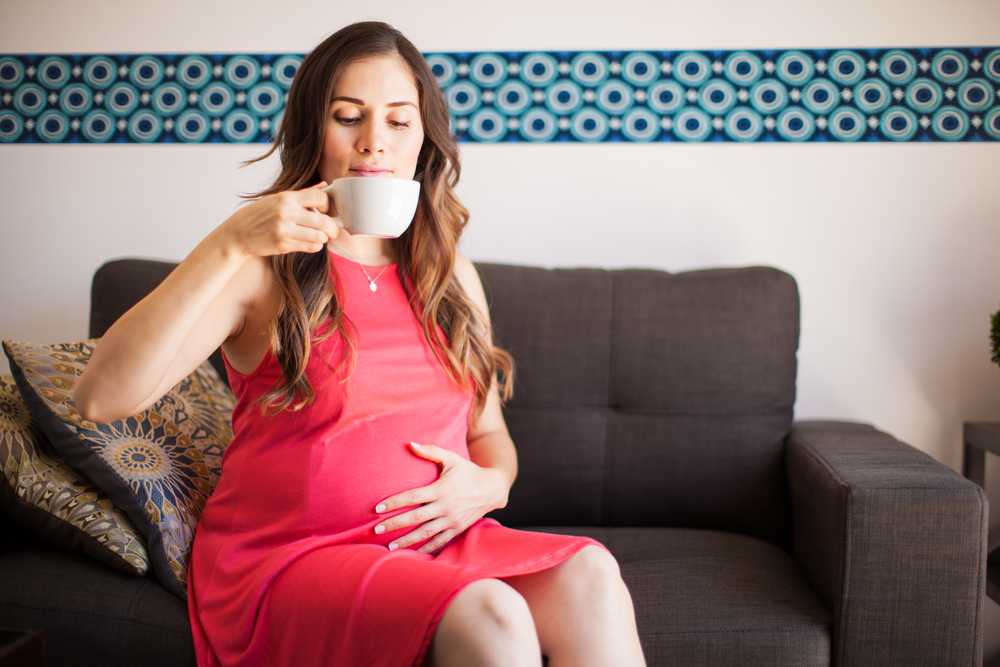 They contain caffeine, so be mindful of how much you sip to stay under the recommended limit for pregnancy. Use caution with herbal teas, which aren't FDA regulated. Ginger tea and peppermint tea are considered safe, but some other herbal teas have been linked to pregnancy complications. Talk to your healthcare provider before you brew to make sure your favorite teas are safe for both you and your baby.
They contain caffeine, so be mindful of how much you sip to stay under the recommended limit for pregnancy. Use caution with herbal teas, which aren't FDA regulated. Ginger tea and peppermint tea are considered safe, but some other herbal teas have been linked to pregnancy complications. Talk to your healthcare provider before you brew to make sure your favorite teas are safe for both you and your baby.
Can pregnant women drink tea?
Yes, drinking tea while pregnant is safe as long as you take some precautions. It's important to remember that black, green, and white teas all contain caffeine, and it can be easy to overdo that. The American College of Obstetricians and Gynecologists (ACOG) advises pregnant women to limit their caffeine intake to less than 200 milligrams per day. A cup of black tea has almost 50 milligrams, while a cup of green tea has about 25.
Herbal teas – despite having a health halo – aren't always safe for pregnancy. So, before you drink tea, be sure to calculate its caffeine content, and run any herbal teas by your healthcare provider.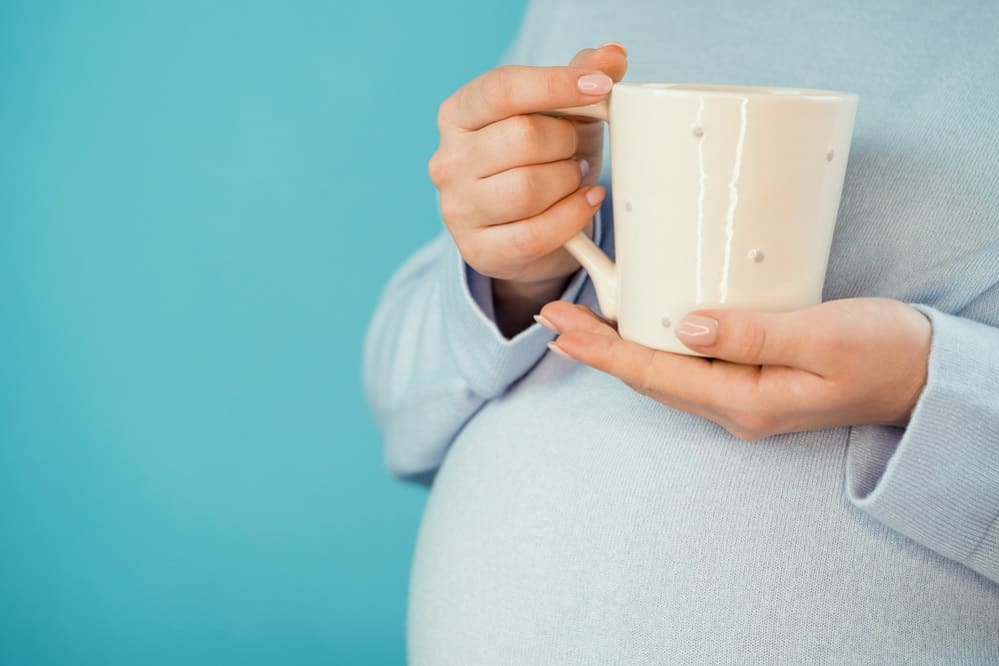
There are many reasons why you may want to reach for a cup (or two) of tea during pregnancy. It's a soothing way to stay hydrated, and tea itself is chock full of antioxidants that can help boost your immune system and even fight off cancer and heart disease.
Black tea is a good substitute for your morning coffee, especially if you're watching your caffeine, and if it's sugar that you're craving, some herbal teas may hit that sweet spot. There are many drinks you're advised to avoid during pregnancy – anything with alcohol or too much caffeine – so a cup of tea can be a good alternative.
Is it safe to drink herbal tea during pregnancy?
Some herbal teas are safe for pregnancy, and some aren't. Herbal supplements – which include teas – aren't regulated by the Food and Drug Administration (FDA). Only a few of the herbs used in teas have been studied in pregnant women.
Teas made from herbs like peppermint and ginger are considered safe to drink in moderation while you're pregnant or nursing. Just keep in mind that these herbs are more concentrated in teas than in food, so drinking them in excess may be harmful even if eating them isn't. That's why it's best to check with your provider before drinking any kind of herbal tea during your pregnancy.
Just keep in mind that these herbs are more concentrated in teas than in food, so drinking them in excess may be harmful even if eating them isn't. That's why it's best to check with your provider before drinking any kind of herbal tea during your pregnancy.
What teas are safe to drink while pregnant?
The following teas are considered safe in moderation during pregnancy:
Ginger tea: Ginger is commonly used to ease morning sickness during pregnancy, and studies have shown it's safe and effective for this purpose. But there's also some evidence that it may negatively affect fetal sex hormones and increase the risk of vaginal bleeding during pregnancy. So before you drink ginger tea, discuss its benefits and risks with your healthcare provider.
Peppermint tea: Peppermint tea is often used to calm an upset tummy during pregnancy, and it's considered safe. Be aware that it may not help with morning sickness: one study found peppermint oil aromatherapy, for example, didn't work any better to treat nausea and vomiting in the first half of pregnancy than a placebo. Peppermint tea has also been linked to heartburn, which is already very common in pregnant women.
Peppermint tea has also been linked to heartburn, which is already very common in pregnant women.
Advertisement | page continues below
Green tea: Green teas, including trendy matcha teas, are considered safe to drink during pregnancy. They're also much lower in caffeine than coffee – about 25 grams a cup versus 100 grams. Limit yourself to less than three cups of green tea a day, though. Green tea is high in catechins, substances which can prevent your cells from fully absorbing folic acid. Your body needs plenty of folic acid during pregnancy to help prevent neural tube defects.
Black or white teas: these popular forms of tea, like green tea, are considered safe to drink during pregnancy. Just remember not to overdo it, as four cups of black tea, for example, will get you to your daily 200 mg caffeine quotient. Iced tea is often made from black tea, so keep that in mind as a source of caffeine.
Teas to avoid during pregnancy
Before pregnancy, you may have sipped a cup of chamomile tea to help you nod off. During pregnancy, it's not a good idea. Studies show that if you drink chamomile tea regularly, you may have a higher risk of miscarriage, preterm labor, or low birth weight.
During pregnancy, it's not a good idea. Studies show that if you drink chamomile tea regularly, you may have a higher risk of miscarriage, preterm labor, or low birth weight.
Other herbal teas to avoid if you're pregnant or nursing include:
- Alfalfa
- Black cohosh
- Blue cohosh
- Comfrey
- Dong quai
- Ephedra (called ma huang in traditional Chinese medicine and banned in the United States since 2004)
- European mistletoe
- Goldenseal
- Hibiscus
- Horehound
- Kava
- Labrador
- Lemongrass
- Licorice root
- Mugwort
- Nettle leaf (also called stinging nettle leaf)
- Passion flower
- Pennyroyal
- Rosemary
- Sage
- Sassafras
- Saw palmetto
- Vetiver
- Yarrow
- Yerba mate
This isn't a complete list, so always ask your provider whether a particular herb is safe to consume during pregnancy. Note: You can still eat food containing some of these herbs, like rosemary and sage, because the amounts used in food are generally much smaller than those used in tea – and not as potent. (The brewing process for making tea concentrates the chemicals in the herbs.)
(The brewing process for making tea concentrates the chemicals in the herbs.)
What about herbal teas made for pregnancy?
The same cautions apply to teas made specifically for pregnant women and sold in supermarkets and health food stores. Although the makers of pregnancy teas promote their products as healthy for expectant moms, no clinical studies support these claims, and the safety of the ingredients isn't regulated.
Pregnancy teas usually include ingredients such as alfalfa, fennel seed, lemongrass leaf, lemon verbena, nettle leaf, red raspberry leaf, rose hips, and strawberry leaf. Not all these are safe to take during pregnancy. For example, nettle leaf (also known as stinging nettle leaf) stimulates the uterus and can cause miscarriage. Some midwives use raspberry leaf (also known as red raspberry leaf) to aid delivery, but its effectiveness hasn't been proven. It should be used only in late pregnancy under the supervision of a healthcare professional.
Was this article helpful?
Yes
No
90,000 tea recommendations for expectant mothers-DW-18.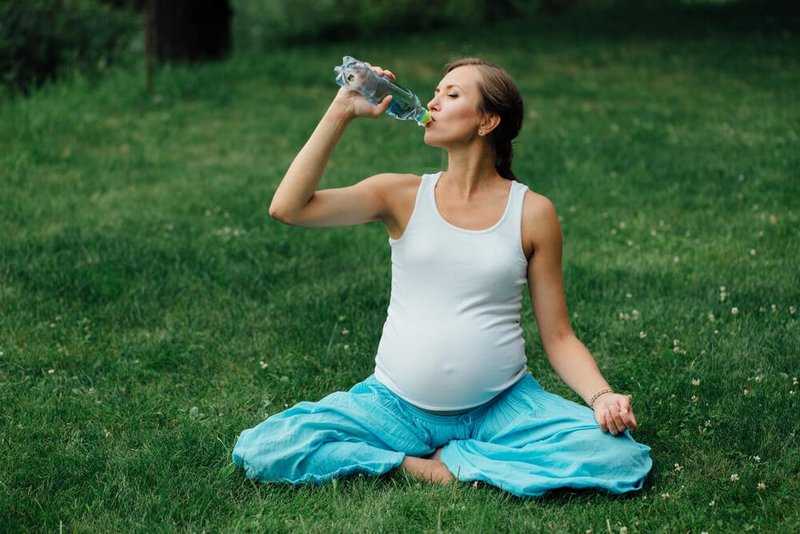 11.2018
11.2018 Photo: Picture-alliance/Phane
Culture
Inga
November 18, 2018 9000,0002 A fragrant tea cup not only quenches thirsty but also helps to relax. What types of tea and types of medicinal herbs do experts from Germany recommend for pregnant women?
https://p.dw.com/p/36mWr
Advertising
Contrary to popular belief that pregnant women should eat and drink " for two " , experienced doctors and midwives advise otherwise. According to gynecologist Christian Windelen from Cologne, one and a half to two liters of fluid a day is enough. It is better to drink boiled water, berry, fruit juices and drinks, various teas.
But tea is different for tea, so the choice of a healing drink should be treated very carefully. A detailed study of the use of herbs for the prevention and treatment of various diseases is carried out by a special area of medicine - herbal medicine. nine0021 Unfortunately, it is quite difficult to thoroughly study the effect of herbal drinks on the body of pregnant women for ethical reasons, the German gynecologist explains.
nine0021 Unfortunately, it is quite difficult to thoroughly study the effect of herbal drinks on the body of pregnant women for ethical reasons, the German gynecologist explains.
However, based on years of observation, doctors recommend certain types of herbs during pregnancy. Moreover, herbal infusions can and should be used as a medicine, emphasizes Christian Vindelen. But black or green tea should not be carried away. The reason lies in theine, the so-called tea caffeine. With excessive use, it, like caffeine, can provoke a slowdown in intrauterine development of the fetus. nine0021
During pregnancy, no more than three cups a day
Based on the latest research on the benefits and harms of caffeine for pregnant women, the German Nutrition Society (Deutsche Gesellschaft für Ernährung) recommendations suggest limiting the invigorating drink to three cups ( black, green tea or coffee) per day.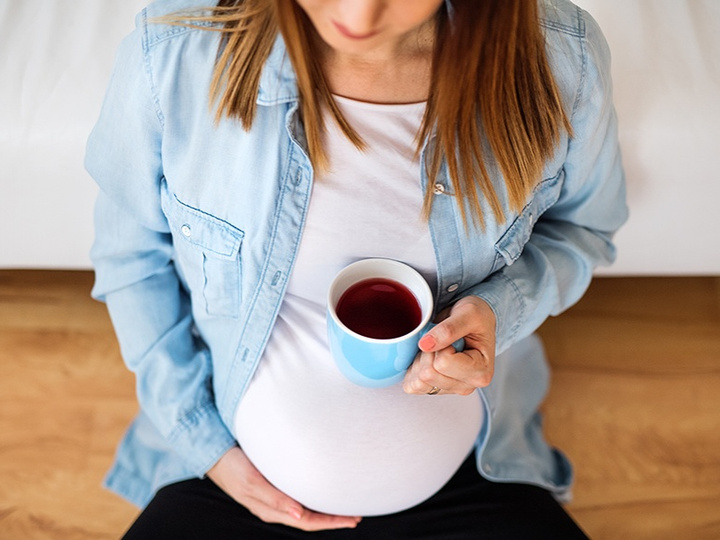 Christian Vindelen advises his patients during pregnancy to replace black tea with herbal infusions that can have a similar invigorating effect - for example, rooibos. nine0005
Christian Vindelen advises his patients during pregnancy to replace black tea with herbal infusions that can have a similar invigorating effect - for example, rooibos. nine0005
Midwife Martina Höfel from Minden has been advising expectant mothers for many years. Her favorite is herbal infusion made from raspberry and blackberry leaves. Tea has a mild stimulating effect on the walls of the uterus. It is better to drink it warm, not hot, starting from the 37th week of pregnancy, and no more than three cups a day.
Don't get carried away with such favorite herbal teas in Germany as mint, hibiscus or ginger root. All of them can contribute to premature uterine contractions, explains Martina Höfel. Drinks from plants with pronounced abortive properties should be completely excluded. These include verbena, rosemary, parsley, calendula, oregano, sage. It is better to refuse from such herbs widely used in folk medicine as St. nine0005
The best recipe - variety
Linda von Glahn, consultant of the UGB Healthy Food Association in Berlin, believes that the secret to the correct use of herbal drinks during pregnancy is simple: they need to be rotated more often.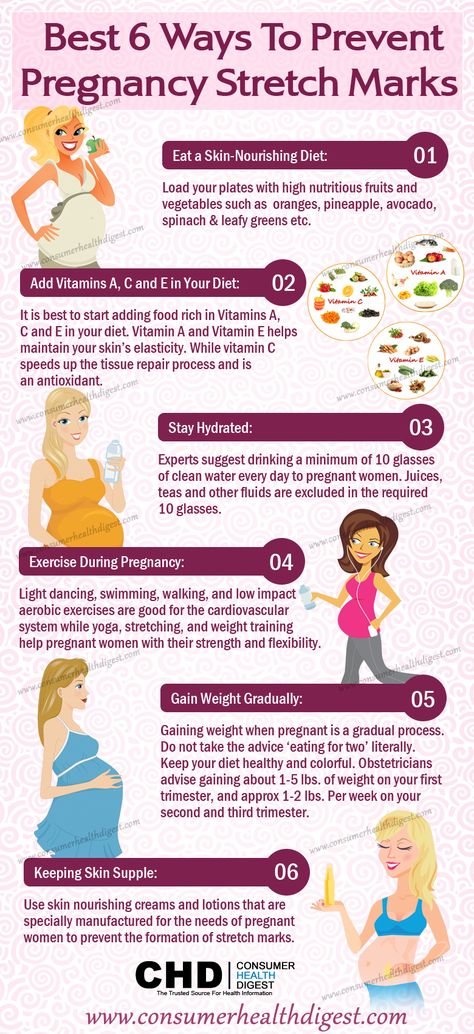 The recipe is not new at all, but effective. An ecotrophologist and expert in baby and pregnancy nutrition offers a range of well-known and undeniably useful plants to choose from.
The recipe is not new at all, but effective. An ecotrophologist and expert in baby and pregnancy nutrition offers a range of well-known and undeniably useful plants to choose from.
These include, for example, fennel, chamomile, lavender and lemon balm, which have a beneficial effect on the functioning of the gastrointestinal tract. Chamomile and lavender have bactericidal and anti-inflammatory properties, help to relax. After a cup of this tea, it is easier and faster to fall asleep. nine0005 Rosehip decoction - a healthy drink for expectant mothers Photo: imago/imagebroker/Kröger
Rosehip decoction, like various fruit teas, is rich in vitamins and minerals. Freshly brewed infusions of fruits and berries strengthen the immune system. But the absolute favorite of ecotrophologist Linda von Glahn is rooibos (rooibos) tea. A drink made from the leaves of an African bush contains an impressive amount of antioxidants and various minerals. It is able to weaken the action of the stress hormone cortisol and positively influence the work of the happiness hormone serotonin. This is a real elixir of good mood, emphasizes Linda von Glahn. The Berlin expert once again reminds: infusions and herbal teas are medicines that should be used in moderation and better after consultation with an expert. nine0005
This is a real elixir of good mood, emphasizes Linda von Glahn. The Berlin expert once again reminds: infusions and herbal teas are medicines that should be used in moderation and better after consultation with an expert. nine0005
See also:
10 things that affect your health
Pregnancy advice
Advertisement
Skip Section More RelatedMore Related
View More
Skip Section Top Topic1 Page of 3
Skip Section Other Posts DWHomepage
Is it possible to drink tea during pregnancy, contraindications Articles about tea
« Back Is tea good for pregnancy? 17.06.2020 21:23Content:
A pregnant woman can drink water, juices, decaffeinated drinks. Is it possible to drink tea during pregnancy? Obstetrician-gynecologists advise drinking water, fruit and berry juices, herbal infusions, compotes and tea during pregnancy.
The choice of variety must be treated responsibly. To get the maximum benefit, you need to know how to brew Chinese tea.
Health benefits of tea for pregnant womenPregnant women may drink some teas in moderation.
|
 What to do if you want tea during pregnancy? nine0005
What to do if you want tea during pregnancy? nine0005 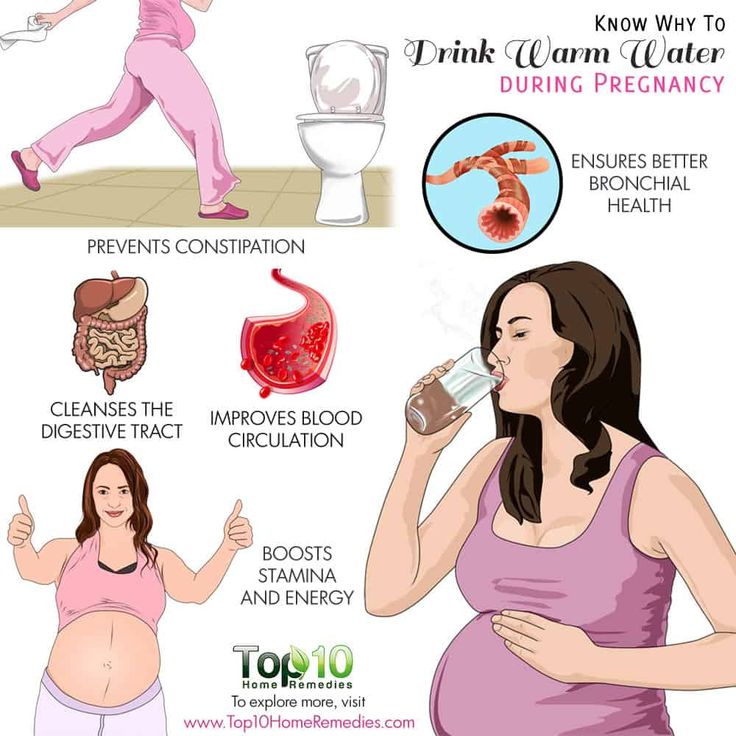 These are weak infusions of wild rose, willow-herb and other herbs. Before using herbal decoctions, you should consult your doctor. nine0097
These are weak infusions of wild rose, willow-herb and other herbs. Before using herbal decoctions, you should consult your doctor. nine0097 

